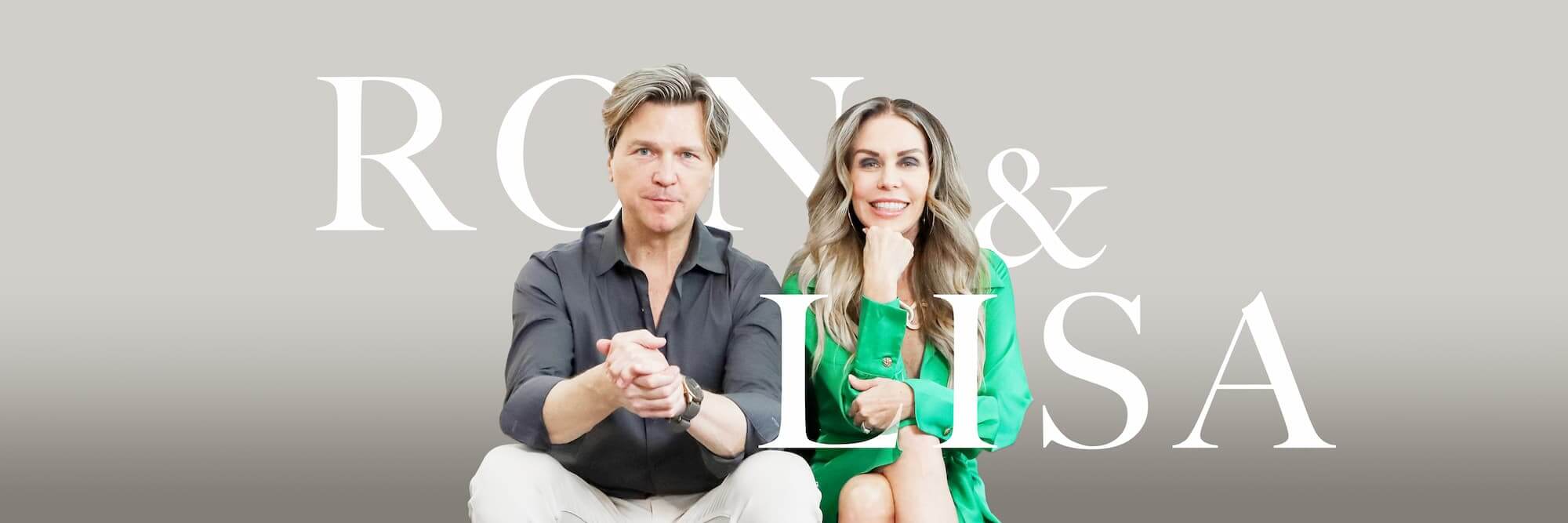New Home Content

Hey!
We’re Ron and Lisa. Hubs and wife entrepreneurs, baubiologists, authors and speakers, dedicated to helping bad ass women breathe easier knowing their family is protected against the hidden toxic dangers in their homes and lives.
YOU MAY HAVE SEEN US ON









Is your home making you sick?
TAKE THE QUIZWe create healthy homes
so you can do everything else!
ELEVATE YOUR LIFE
About RON & LISA
Whether you heard one of our podcast episodes, read one of our books, or caught us on TV, glad you’re here. It’s our mission to stop the cycle of sickness and live your best life. Learn more
The healthy HOME HACKS

Expert interviews, honest conversations and
practical tips to live your best life
TUNE IN NOW!
Just Green It! is loaded with helpful tips and advice on making greener choices. As parents of two, we also appreciate how the information it provides benefits not just the planet, but the well-being of our children.
Ryan and Trista Sutter
ABC's The BacheloretteJust Green It! is an empowering resource for living a greener and healthier life. Ron and Lisa have crafted an authentic guide on what to look for when making household purchasing decisions for virtually every aspect of your home and personal care choices.
Sally Jessy Raphael
Emmy Award Winning Talk Show HostI love Ron and Lisa for having a good enough sense of humor to appear on my show . . . They are the reason I started going green.
Chelsea Handler
Comedian, The Chelsea Lately ShowRon and Lisa address the important issues of making this world greener one step at a time.
Maria Shriver
Former First Lady of California
Hey gorgeous, let's be friends!
Join our healthy living community where you'll receive doable tips to live your best life, protect your loved ones,
and improve your health starting today!


